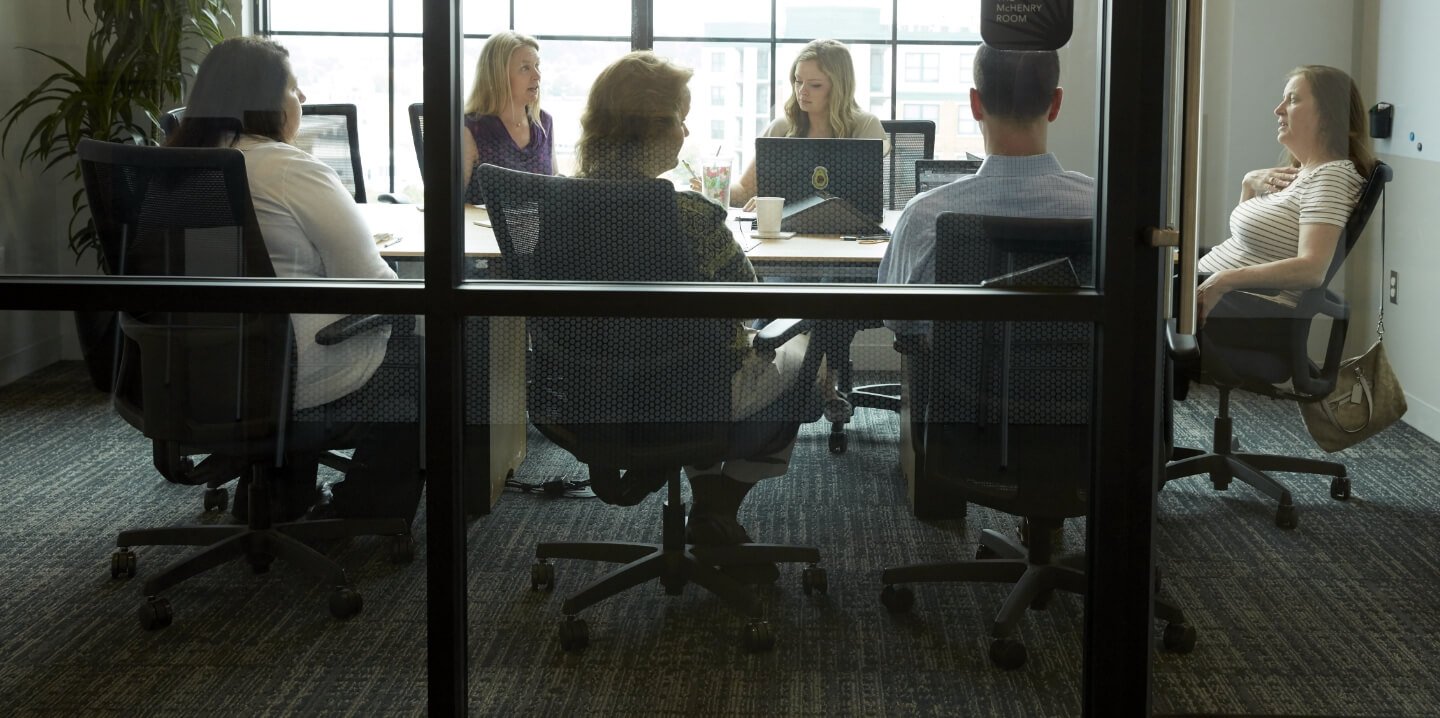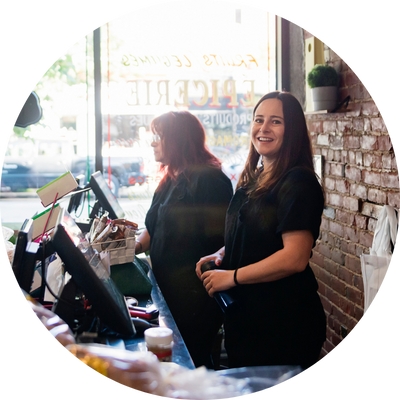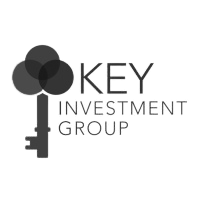Guidance for nonprofit CEOs, executive directors and board members who want to use their organization's financial statements for better decision making.
Be more confident in your decision-making with our accounting, technology and wealth management insight.
Services For
Nonprofits
Discover our passion for empowering nonprofits and growing your mission impact.

Looking For A Job?
Grow with us. We’re looking for talented professionals to join our team.
What We
Specialize In
Gain an edge by working with CPAs who are true specialists.
Receive customized advice on industry best practices and trends, key financial metrics, business valuation and so much more.
Guide For Business Owners

“Highly professional auditing firm.”
Always available for questions during the fiscal year and very professional audit team.
John Zabetakis
Baltimore, MD
“I highly recommend this firm.”
Having a great CPA behind you and on your team can single handedly make or break the future of you, your investments and if applicable, your company.
Nicholas Grillo
Fairfax, VA
“They exceed my expectations in every way.”
I am impressed by their ability to provide insightful guidance and strategic advice that directly contributes to the growth and success of my business.
Bryan Zuber
Baltimore, MD
“Customer service is A++.”
When we switched our accounting software several years ago their expertise made the transition seamless and easy.
Laura Loun
Baltimore, MD
“Their service has been impeccable.”
They are very knowledgeable and make the process smooth and seamless.
Alain Jureidini
Fairfax, VA
“Strong professional partner.”
They have consistently met deadlines and delivered much better value — without any loss of quality of advice — than national firms.
Dara Hewat
Baltimore, MD
Read All Google Reviews For:

“They give us information that helps us understand where we are now, and gets us where we want to go.”
Ron Attman, CEO
Acme Paper & Supply Co. Inc.

“Our business is complex. The team at Gross Mendelsohn understands those complexities and nuances.”
Steven Wright, CPA, Controller
The Nakupuna Companies

“The entire firm is service oriented, professional and efficient.”
Jim Koehnlein, Chief Operating Officer
Wilkins Rogers Mills
Trusted By:










Why Work With Us?
While the tools we use to get the job done have changed immensely since we opened our doors in 1960, we still measure our success by the quality of our relationships with our clients.
Our goal is never to tell you how to run your finances. Instead, we’ll work with you to ensure you have the right information and advice, at the right time, to make sound financial decisions that will help you or your business succeed.
Get The Latest Business, Tax And Financial Insights.
Register today to find out why you need to plan your cloud migration and how to streamline accounting and payroll once you're there.
Get the latest payroll updates on Social Security and Medicare tax, income tax withholding, unemployment taxes, tax deposits, wage statements and more.
More Than Just Accounting & Consulting
Technology
Work smarter with technology to increase efficiency, keep data safe and improve operations in your organization. Our Technology Solutions Group offers software, cyber security and managed IT services to businesses and nonprofits.
Wealth Management
Imagine what’s possible when your financial advisor understands your goals, crafts an investment strategy just for you and explains everything in a way that makes sense. The team at GGM Wealth Advisors can help you manage and grow wealth.

 Business Valuation
Business Valuation
 Construction & Real Estate
Construction & Real Estate
 Forensic, Valuation
Forensic, Valuation Government Contractors
Government Contractors
 Healthcare
Healthcare
 High Net Worth
High Net Worth
 Manufacturing & Distribution
Manufacturing & Distribution
 Nonprofits
Nonprofits
 Service Businesses
Service Businesses
 Technology Consulting
Technology Consulting
 Wealth Management
Wealth Management